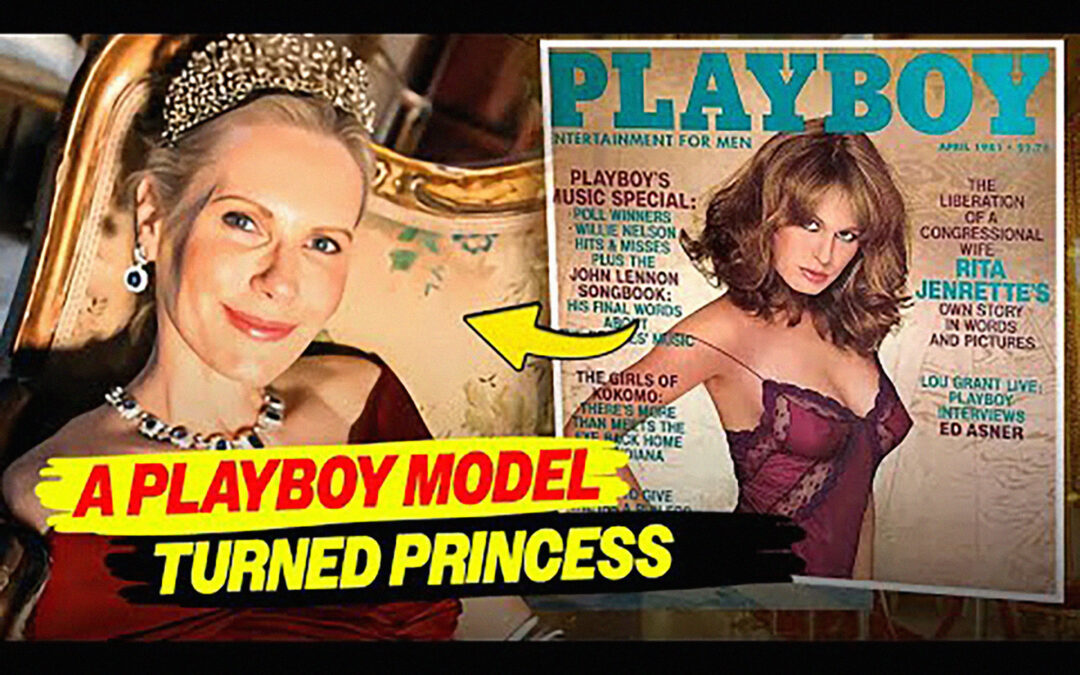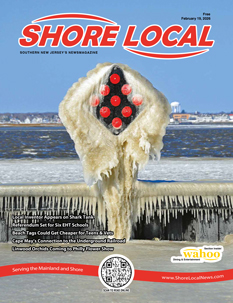In 1981 a political researcher named Rita Jenrette made big news.
For several years prior, Rita Carpenter – her maiden name – had been gradually making a name for herself in political circles as director of research for the Texas Republican Party, as an aide to Sens. Hubert Humphrey and Edward Kennedy and as co-author of a report on the Food for Peace program, which became a part of the President’s Commission on World Food Hunger.
Jenrette, gradually working her way up in politics, married freshman Democratic whip John Jenrette of South Carolina in 1976. Two years later, she was named by the Washington Post Sunday Magazine as one of D.C.’s “dynamic young women.”
In 1980, John was convicted of taking a bribe during the ABSCAM investigation. ABSCAM was an FBI sting operation that targeted members of Congress who accepted bribes from a fictitious Arabian country in exchange for political favors. In the end, six members of the House of Representatives, and one member of the Senate were convicted. John Jenrette was one of those being investigated and his dutiful wife testified on his behalf until the day she found $25,000 in his closet.
John was convicted and served 13 months of a two-year sentence. The couple separated in January of 1981 and were divorced soon after.
Rita Jenrette wasn’t going down, personally or professionally, with a sinking ship. She parlayed the headline-making controversy and publicity by posing nude in the April, 1981 issue of Playboy magazine, and again in 1984.
So what does all of this have to do with Atlantic City?
In April of 1981, I was working as an editor for a Philadelphia-based, entertainment weekly newspaper called ELECTRICity. The publication was spearheaded by the infamous, man-about-town and party boy, Harry Jay Katz.
Katz swore to me that he was reformed from his publicity-seeking, womanizing ways when I joined the paper in 1978, after my tenure as publicity/talent director for the area’s famed Main Point coffeehouse. In fact, he had hired a well-known executive editor for the newspaper, whom he eventually married, so I was convinced that ELECTRICity was above board and had good possibilities.
It worked well for a while, as we were able to hire some up-and-coming youngsters who just wanted to be published, as well as some great writers from the then-recently-closed Philadelphia Bulletin newspaper.
One issue stands out in my memory when ELECTRICity, in one weekly edition, had exclusive interviews with Buddy Rich, Bo Diddley, Max Roach and Phoebe Snow. Can you imagine?
The work was back-breaking, but satisfying, at least as long as Harry Jay behaved himself.
Until he didn’t.
Katz just couldn’t stop being a publicity seeker, no matter how sordid the process. To Harry Jay Katz, the Playboy magazine business with Rita Jenrette was plenty sordid, and to his way of thinking, had publicity value to ELECTRICity newspaper and to Harry Jay.
Katz, in his long and storied career, had some semi-brilliant ideas, including resurrecting the shuttered Erlanger Theatre and bringing a Playboy Club to Philadelphia. Some of them were not so brilliant, including his idea to have Rita Jenrette “cover” the 1981 Miss America Pageant for our newspaper.
Jenrette and Katz, both over-the-top publicity seekers, were made for each other, and Jenrette loved the idea of writing about the pageant. The rub was that, as bright as she was, she was no writer, nor had she ever been to Atlantic City.
That’s where I entered the picture. Not only would I have to come up with two issues’ worth of Miss America stories based on Jenrette’s “notes,” but I would have to shepherd her around town from her Harrah’s hotel room to the runway at Convention Hall.
It was a pleasant surprise to learn that Jenrette was not only smart, but she took the assignment seriously, knowing full well just what it was. She was no diva, nor was she a prima-donna. As I recall, the only special treatment she asked for was to have a six-pack of Diet Dr. Pepper delivered to her room daily.
In retrospect, I was living it up for a week in Atlantic City. Writing, or re-writing, Jenrette’s stories only took a minimal amount of time, which allowed me plenty of down time to hang with my buddies Sam Butera and Buddy Greco, who were then performing in the casino lounges.
When her articles were published in ELECTRICity, they were well received, and Jenrette managed to get some good quotes from various contestants, including that year’s winner, Elizabeth Ward Gracen, from Ozark, Ark. Her little stint with us was noted in several publications, including The New York Times and The Washington Post.
The only glitch, if you want to call it that, came by way of a young and intrepid newspaper reporter who was working for a daily tabloid called the Philadelphia Journal, founded by Canadian businessman Pierre Péladeau. The Journal’s reporter managed to get an “exclusive” with Jenrette while she was covering Miss America for us. I wasn’t happy. Harry Jay Katz laughed it off.
That young and intrepid reporter, who is still plenty intrepid, was named Chuck Darrow – well known to Shore Local readers. That was the beginning of a fabulous and mutually-respectful personal and professional relationship that has lasted for 44 years.
The Philadelphia Journal closed up shop in December of 1981, and ELECTRICity newspaper folded in 1983.
Rita Jenrette’s career, however, continued to thrive after Miss America. She worked as an actress on stage and television, wrote several books and did well selling real estate.
Always seeking the next best, bigger thing, while working as a real estate broker, she met and married Prince Nicolò Boncompagni Ludovisi of Piombino in 2009. The two lived happily in the Prince’s 16th century family home in Rome called Casino dell’Aurora until the prince’s passing in 2018.

After that there was an inheritance dispute, the home was put up for sale and Jenrette was evicted in 2023 by the court, claiming that she failed to maintain the property after a wall collapsed and blocked a neighboring street. At first Jenrette wouldn’t leave, but she finally had no choice and slipped out of the villa via a back door, breaking several ribs while trying to escape. She was last reported living with a friend in a villa outside of Rome.
As of last year, according to Town & Country Magazine, Jenrette “finds herself broke and essentially couch-surfing, albeit on very well-appointed couches.” It’s an ending that’s not particularly surprising or sad, and there’s no doubt that Rita Jenrette will again surface, in a big way.
Also not surprising is the fact that her stint covering the 1981 Miss America Pageant in Atlantic City doesn’t show up on any published bio or press release focusing on Rita Jenrette. She should add it in. She did a good job.
Bruce Klauber is the author of four books, an award-winning music journalist, concert and record producer and publicist, producer of the Warner Brothers and Hudson Music “Jazz Legends” film series, and performs both as a drummer and vocalist.


















